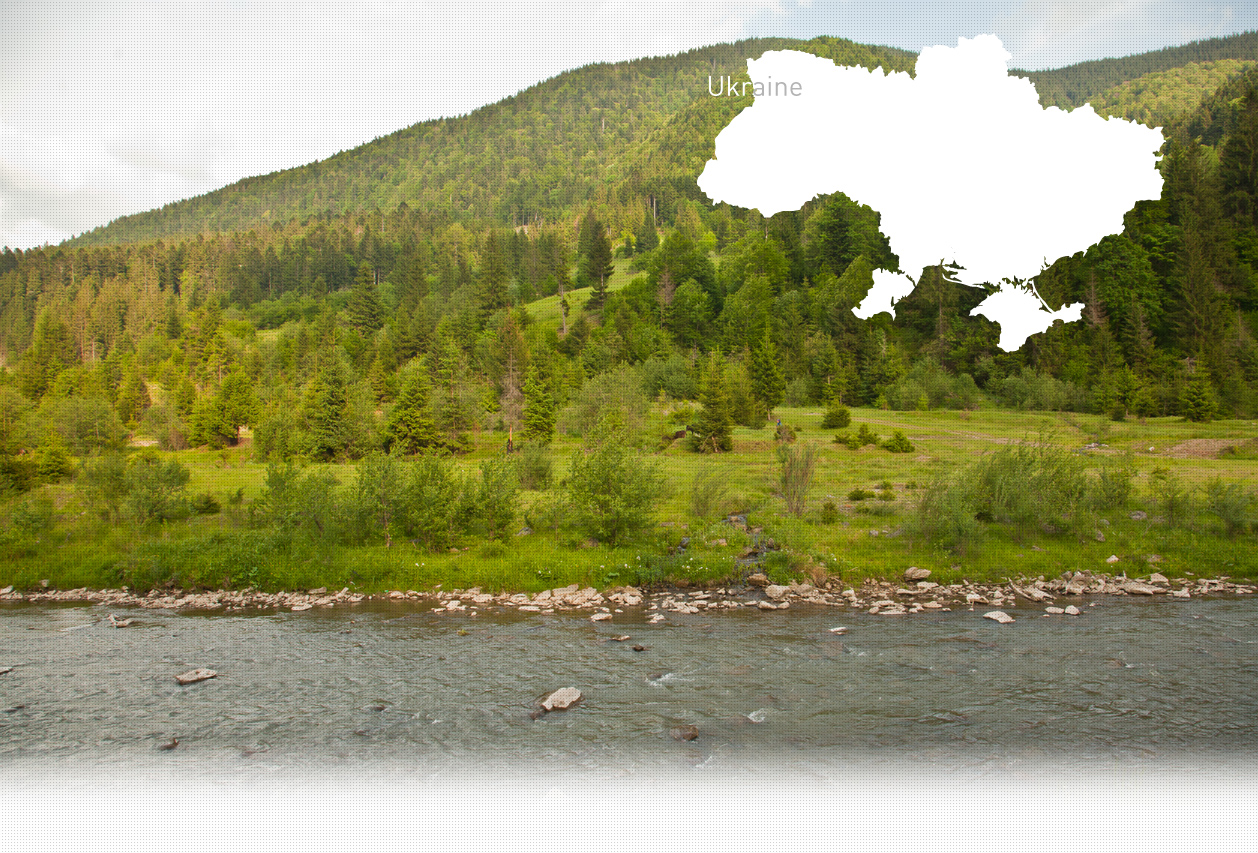

1 Killing site(s)
Lidia M., born in 1935: “The police came to the orphanage and rounded up all the Jewish children. They also took away my cousin, born in 1930. Someone told them he was Jewish, that is why they took him. But the villagers defended the boy and said he wasn’t Jewish. Later, he said he had seen Jewish children shot and their bodies thrown into a well. In the village, we couldn’t hear the shooting. The adults said that Esther, her husband, and Rosa were also thrown into the well.” (Testimony n°2874U, interviewed in Lypovenke, on December 2, 2020)
"In January 1942, 25 policemen from Holovanivsk, including the Holovanivsk police chief K**, his deputy Safarbek K***, an Ossetian; investigator K*** etc., a gendarme ..., and the German doctor Sch*** arrived to Lypovenke orphanage by sleigh. They entered the orphanage and gathered the children in one of the buildings under the pretext of taking them for a sleigh ride. The children were loaded onto the sled and taken to a pit on the orphanage grounds near a stable. There, the children were stripped naked, knelt in front of the pit, and shot. Some of the children were only wounded when they were thrown into the pit. The pit was then filled with manure and earth. In all, 36 children aged between 4 and 8 were killed. The names of many of them are known:
1. Alexander Rotenberg - 9 years old
2. Sema Shmukler - 7 years old
3. Lyuda Shvets - 5 years old
4. Leva Zilberman - 8 years old
5. Leib Nemirovskiy - 9 years old
6. Shaya Grinberg - 8 years old
7. Srul Kogan - 9 years old
8. Roza Kaplan - 7 years old
9. Aba Dorfman - 7 years old
10. Izya Bronshtein - 6 years old
11. Klara Groysman - 7 years old
12. Raya Kaptsan - 5 years old
13. Buzya Roytman - 6 years old
14. Shaya Ginzburg - 9 years old
15. David Kleyner - 9 years old
16. Isak Kravets - 9 years old
The rest of the first and last names are unknown; their ages varied from 4 to 9 years old." [Act drawn by the Soviet State Extraordinary Commission on October 14, 1944; GARF 7021-69-78/ Source USHMM RG.22-002M]
Lypovenke is located 80 km (50mi) northeast of Uman. Very little is known about the Jewish community that lived here before the war, as it wasn’t very big. The majority of the population was Ukrainian. There were four collective farms. The main occupation was agriculture. According to the local witnesses, there were a few families. The orphanage where Jewish and non-Jewish children lived was located. A Jewish woman, Esther or Guesterka, as she was known in the village, was a director of a local kindergarten. She was married to Tsal and had three children. Another Jewish woman called Rosa lived in Lypovenke. Several Jewish artisans, for instance, Ionia, the tailor, would come to the village occasionally.
Lypovenke was occupied on August 8, 1941. In January 1942, 36 Jewish children aged 4 to 9 from an orphanage were selected from the other children by policemen. After a selection, the Jewish children were taken away on the pretext of being taken for a sleigh ride. Instead, they were moved toward a nearby stable where the children were stripped naked and forced to kneel in front of a pit that had been prepared in advance. All the children were shot and thrown into the pit, even though some of them were only wounded. According to the testimonies interviewed by Yahad, there were also non-Jewish children among the victims. Today, there is no memorial at the site because after the war, the corpses were exhumed and reburied at the cemetery.
Do you have additional information regarding a village that you would like to share with Yahad ?
Please contact us at contact@yahadinunum.org
or by calling Yahad – In Unum at +33 (0) 1 53 20 13 17